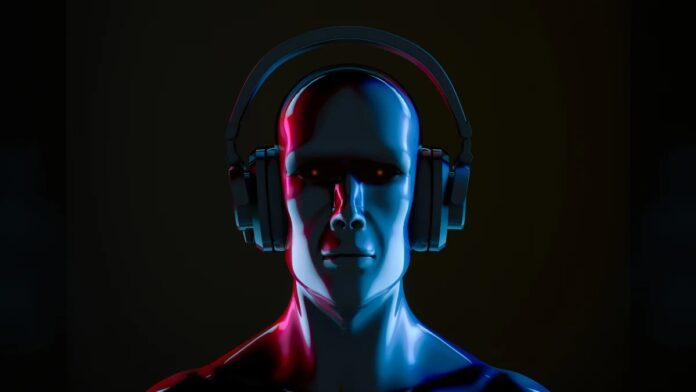A new study reveals that nearly all listeners (97%) are unable to distinguish between songs created by humans and those fully generated by artificial intelligence (AI). The research, conducted by Deezer and Ipsos, highlights a growing challenge for the music industry: as AI-generated music floods streaming platforms, consumers are increasingly unaware of its origins.
The Rise of AI-Generated Music
AI-generated music is becoming ubiquitous, with approximately 50,000 new tracks uploaded daily, representing 34% of all daily releases. This surge is driven by advances in AI technology, which can now mimic musical styles with remarkable accuracy. However, the study shows that listeners aren’t necessarily opposed to AI in music – 46% believe AI could help them discover new artists, and 66% would try AI-generated music out of curiosity.
Transparency Concerns
The key issue isn’t aversion to AI itself, but a lack of transparency. 80% of respondents want AI-generated music clearly labeled on platforms, and 72% want to know when platforms recommend AI-created tracks. Without such disclosure, nearly half (45%) would filter out AI music, and 40% would skip it if encountered. This suggests that listeners aren’t necessarily against AI-generated music, but they want to make informed choices.
Impact on Artists
The study also reveals strong concerns about the potential impact on human artists. 65% believe AI should not train on copyrighted music, and 70% feel AI threatens artists’ livelihoods. Only 11% believe AI music deserves equal treatment on top charts. This sentiment underscores the broader debate about AI’s role in creative industries and the need to protect the rights and incomes of human creators.
The Human Element
While AI can generate music, it often relies on existing human-created material for training. The distinction between AI-assisted and fully AI-generated music is crucial. Tools like autotune have long been used in music production, but they still require human input and expertise. The current backlash is primarily directed at fully AI-generated tracks, raising questions about authenticity and originality.
The Future of Music
As AI music continues to evolve, streaming platforms face growing pressure to address transparency concerns. The study suggests that clear labeling and disclosure are essential to maintain consumer trust and protect the interests of human artists. The ongoing debate highlights the need for industry-wide standards and regulations to ensure a fair and sustainable future for music creation.
The study underscores a critical point: listeners aren’t inherently opposed to AI-generated music, but they demand transparency and ethical considerations in its implementation. The future of music hinges on finding a balance between technological innovation and the preservation of human creativity





























